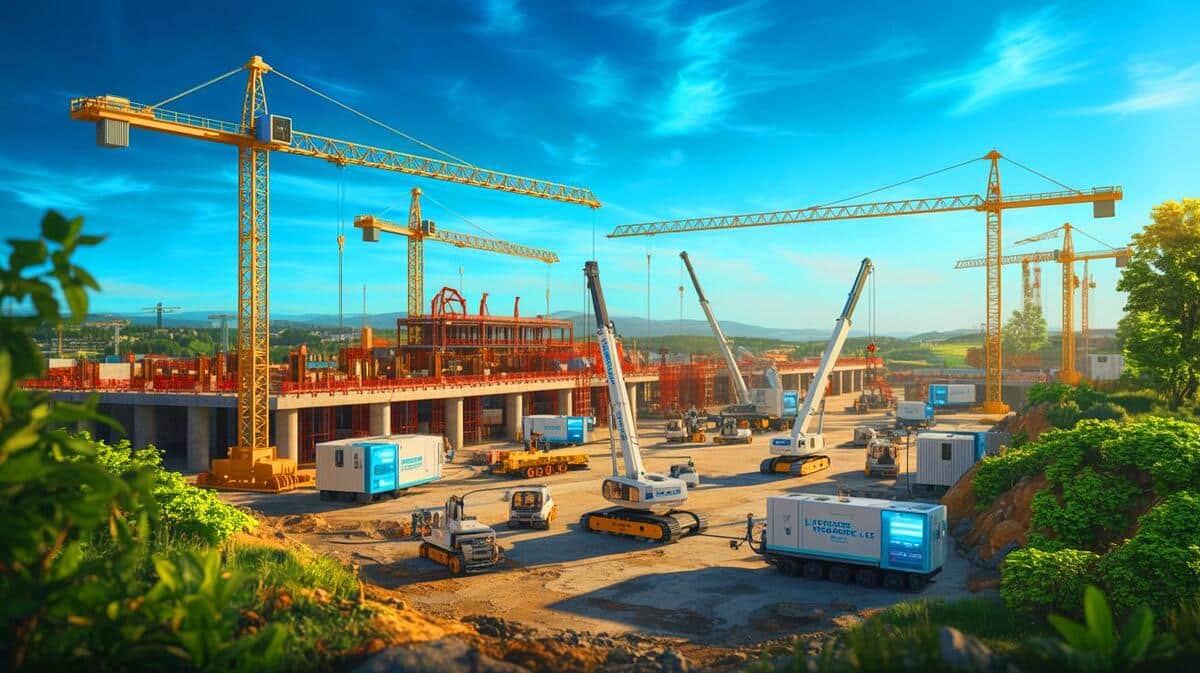Revolutionizing Construction: UK's €134 Billion Hydrogen-Powered HS2 Project
Key Ideas
- The HS2 rail expansion in the UK, powered by hydrogen fuel cells, marks a significant shift towards cleaner construction practices on a massive scale.
- GeoPura's innovative approach of leasing Hydrogen Power Units (HPUs) to construction sites aims to overcome supply chain complexity and upfront investment hurdles.
- Despite current economic challenges, advancements in electrolysis and government incentives are poised to drive down hydrogen costs and accelerate the adoption of emission-free construction practices globally.
- The use of hydrogen fuel cells not only revolutionizes how construction sites operate but also points towards a sustainable future with reduced emissions and environmental impact.
The HS2 rail expansion project in the UK is making waves for its adoption of hydrogen fuel cells to power construction activities. Traditionally, construction sites have relied on diesel generators, contributing to pollution. However, with the rise of firms like GeoPura championing hydrogen as a green alternative, the industry is moving towards cleaner energy solutions. The HS2 project showcases the potential of hydrogen at a large scale, with hydrogen fuel cells quietly powering cranes, lighting, and safety systems at the Victoria Road works in London.
GeoPura, with backing from Siemens Energy Ventures, aims to produce renewable hydrogen in the UK and lease HPUs to construction sites. Their business model, focusing on on-site production and flexible rental terms, addresses key challenges in the industry. While hydrogen currently faces economic barriers compared to diesel, innovations in electrolysis and distribution logistics are expected to lower costs over time. Government incentives are also playing a role in promoting sustainability in construction.
The vision of a future where construction sites run on clean, abundant hydrogen is becoming more tangible as projects like HS2 lead the way. With ongoing efforts to reduce costs and increase efficiency, hydrogen fuel cells are poised to transform the construction industry into a more sustainable and environmentally friendly sector. As more projects adopt hydrogen technology, the prospect of emission-free construction sites and a greener world on the horizon seems increasingly promising.
